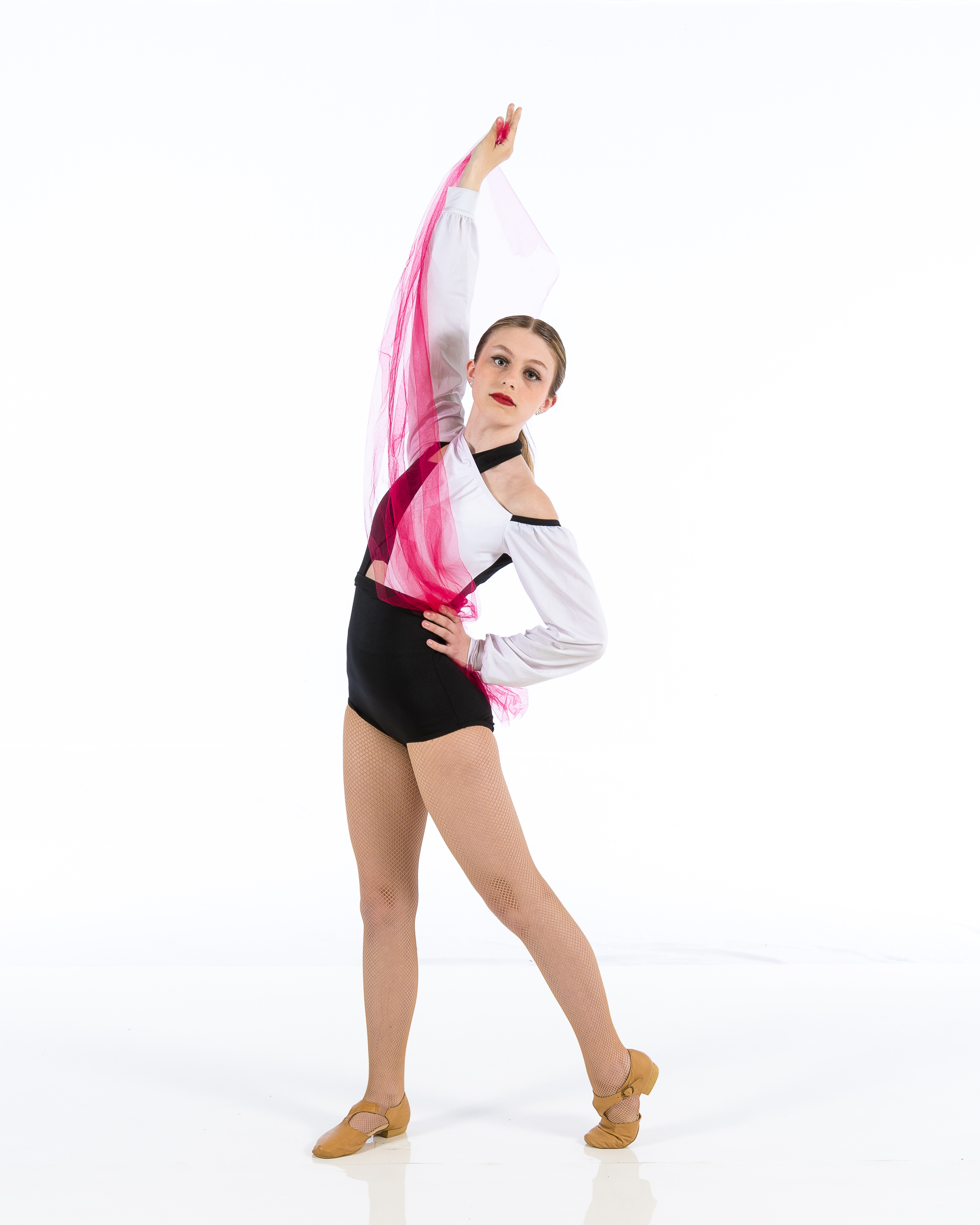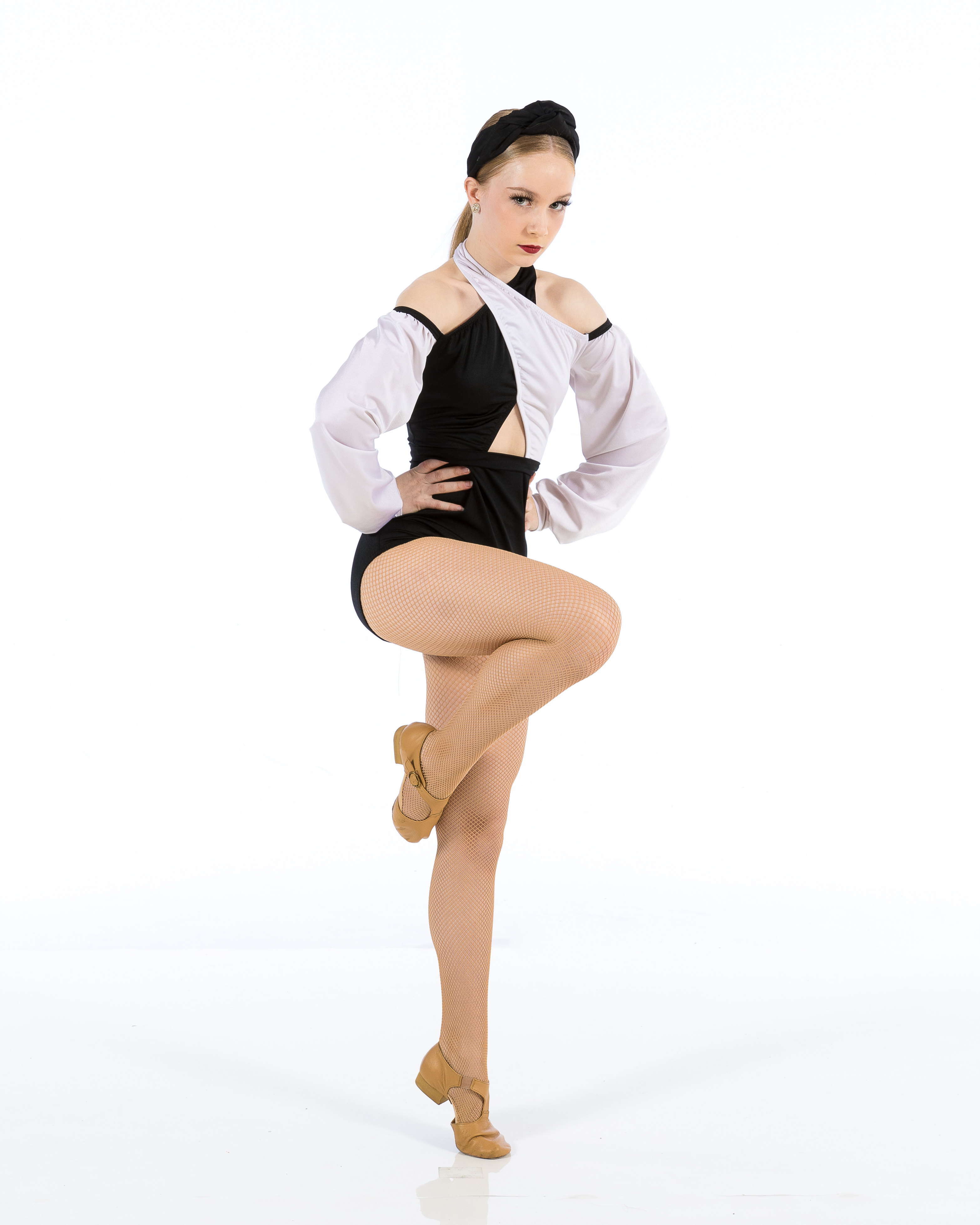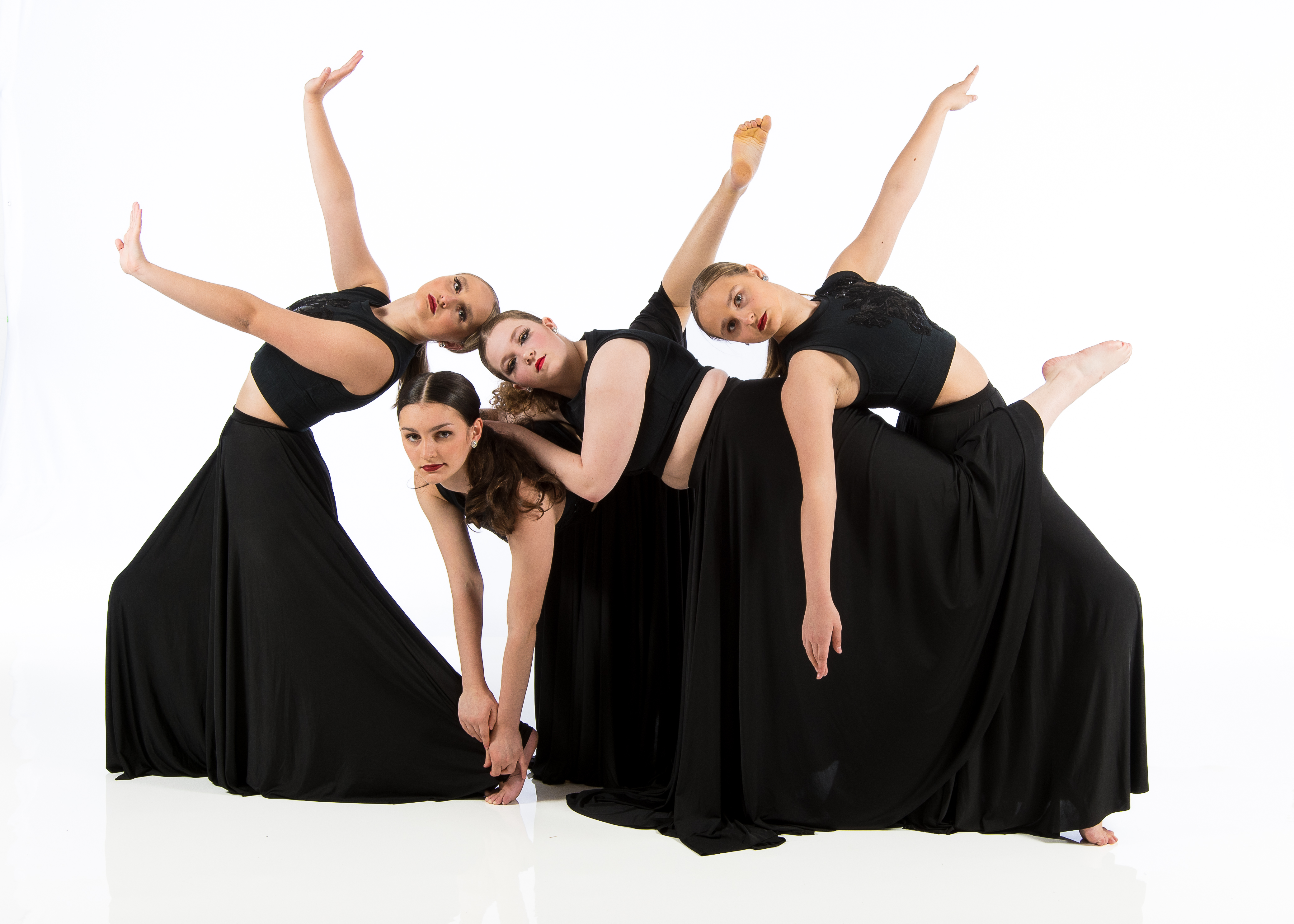Introduction
Dance is an art kind that transcends barriers, joins communities, and ruptureds with the vigor of human expression. Whether you're a budding professional dancer entering a dance studio for the very first time or a skilled performer wanting to refine your craft, comprehending dance studio etiquette is important for ensuring a positive experience. This considerable guide labelled From Novice to Expert: Navigating Dance Studio Decorum for a Harmonious Experience will certainly take you through every element of dance studio actions, providing insights that will certainly elevate your experience and foster stronger partnerships within the dancing community.
Understanding Dance Studio Etiquette
What is Dance Studio Etiquette?
Dance workshop rules refers to the set of customs and social norms that regulate habits in a dance class setting. Just like any various other creative atmosphere, appreciating these standards can boost not just your knowing experience yet additionally that of your peers.
Why is Dance Studio Rules Important?
Adhering to proper etiquette helps develop an environment of respect, emphasis, and cooperation. It promotes a sense of community and permits dancers to support each other in their development while lessening disturbances during class.
From Newbie to Expert: The Value of First Impressions
Preparing for Your Very first Class
Walking right into a dance studio for the first time can be stressful. To make a memorable first impression:
- Dress appropriately: Wear comfy clothes ideal for the sort of dance you're studying. Arrive early: Aim to arrive at the very least 10-- 15 minutes prior to course begins. This offers you time to check in, warm up, and clear up in.
Greeting Your Instructor
A friendly welcoming sets the tone for your experience. Constantly present yourself if it's your first-rate! An easy "Hey there" or "Good morning" can go a lengthy method in developing rapport.
Classroom Conduct: The Do's and Do n'tshtmlplcehlder 46end.
Do's: Favorable Behaviors
Be Respectful: Respect everybody's individual room-- specifically when exercising moves. Listen Actively: Program attentiveness when teachers are talking; it reveals you value their guidance. Support Your Peers: Encourage fellow professional dancers; positivity types encouragement.Don'ts: Adverse Behaviors
Avoid Diversions: Keep personal discussions outside the classroom. Don't Usage Your Phone: Silence your phone during class; it's disruptive. Refrain from Interrupting: Wait up until the teacher coatings before asking questions.The Duty of Individual Area in Dance Studios
Understanding Boundaries
Personal area varies from one person to another, specifically in a dancing setting where physical proximity is typically required throughout technique routines.
Communicating Convenience Levels
If you really feel uncomfortable with exactly how close one more dancer is getting throughout partnered exercises or formations, it's crucial to communicate this pleasantly and professionally.
Maintaining Expertise: Dress Code and Grooming
Importance of Appropriate Attire
Each dancing design commonly has its very own outfit code-- whether it be leotards for ballet or loose-fitting clothes for hip-hop courses-- adhering to these requirements demonstrates regard for both your craft and your instructor.
Personal Hygiene Matters
Dancing needs physical exertion, which can bring about sweating. Ensure you preserve good hygiene by showering prior to class and wearing clean attire.
Behavior During Course: Focusing on Learning
Engaging with Instruction
It's essential to stay focused throughout presentations. As opposed to merely viewing, actively engage by visualizing exactly how you would certainly execute each movement.
Asking Inquiries Appropriately
Curiosity improves finding out! If something isn't clear, feel free to ask inquiries-- yet guarantee they matter and postured at appropriate times (ideally after instructions).
Feedback: Welcoming Constructive Criticism
Accepting Comments Gracefully
Constructive objection is part and parcel of development in any art type. Welcome responses with an open mind and prevent coming to be defensive; keep in mind that review aims to help boost your skills!
Offering Comments Thoughtfully
When offering responses to peers, guarantee https://juliusnkds545.mystrikingly.com/ it's constructive instead of vital; focus on what they succeeded together with areas for improvement.
Creating Harmony Via Teamwork
The Significance of Group Spirit
In lots of dancing designs, teamwork plays a crucial function; developing sociability with fellow professional dancers results in improved performances.
Collaborating During Team Exercises
When involved in group jobs or choreography practices, motivate creativity by valuing everyone's concepts while also contributing your own constructively.
Handling Problems Gracefully
Addressing Disagreements Maturely
Conflict might arise because of misconceptions or differing viewpoints on choreography options. Tackle these problems privately rather than openly airing complaints which might interfere with course harmony.
Seeking Mediation When Necessary
If disputes rise beyond individual resolution initiatives-- seek assistance from trainers who can moderate effectively based on their experience dealing with comparable situations.
Post-Class Rules: Leaving on a Great Note
Thanking Instructors After Class
Always share gratitude towards your trainer after lessons; this reinforces positive partnerships while acknowledging their hard work!

Keeping the Workshop Clean
Whether it's getting water bottles or neatly setting up props post-class-- preserving cleanliness lionizes for common rooms made use of by all dancers!
Engaging Beyond Class Time: Structure Community Relationships
Joining Social Events
Participate in get-togethers organized by studios such as showcases or open homes-- these celebrations use possibilities for networking while improving community ties outside structured lessons!
Supporting Fellow Dancers' Performances
Attending peers' efficiencies shows solidarity within the dance neighborhood-- it urges engagement beyond simple presence at classes!
Frequently Asked Concerns (Frequently asked questions)
1. What ought to I put on for my first dance class?
Choose comfortable outfit suitable for the details style you're taking (e.g., leotards for ballet). Always ask about gown codes beforehand!
2. Is it all right to chat during class?
It's ideal method not to participate in side conversations during direction as this sidetracks both instructors & & fellow pupils alike!
3. Exactly how do I take care of sensation overwhelmed?
Take deep breaths & & advise yourself that every dancer started someplace! Interact any type of fight with instructors that may supply additional support if needed!
4. What if I disagree with choreography choices?
Express problems professionally either independently or within designated feedback sessions rather than honestly critiquing during practice sessions; keeping professionalism and reliability helps fix disputes amicably!
5. Should I bring water right into the studio?
Absolutely! Staying hydrated enhances efficiency degrees; simply make sure containers are firmly closed so spills do not take place on floorings where others are dancing!
6. Just how crucial is punctuality?


Conclusion
Navigating with a dance studio environment can seem discouraging at first look however understanding proper decorum eventually changes one's journey from novice status toward experienced degree virtuosity! By adhering very closely established behaviors detailed throughout this guide titled From Newbie To Expert: Browsing Dance Studio Etiquette For A Harmonious Experience *, you'll cultivate indispensable friendships within neighborhoods enriched imagination while developing technical prowess together with valued mentors! So lace up those shoes with confidence tip onto that flooring-- the globe awaits your distinct expression through movement!